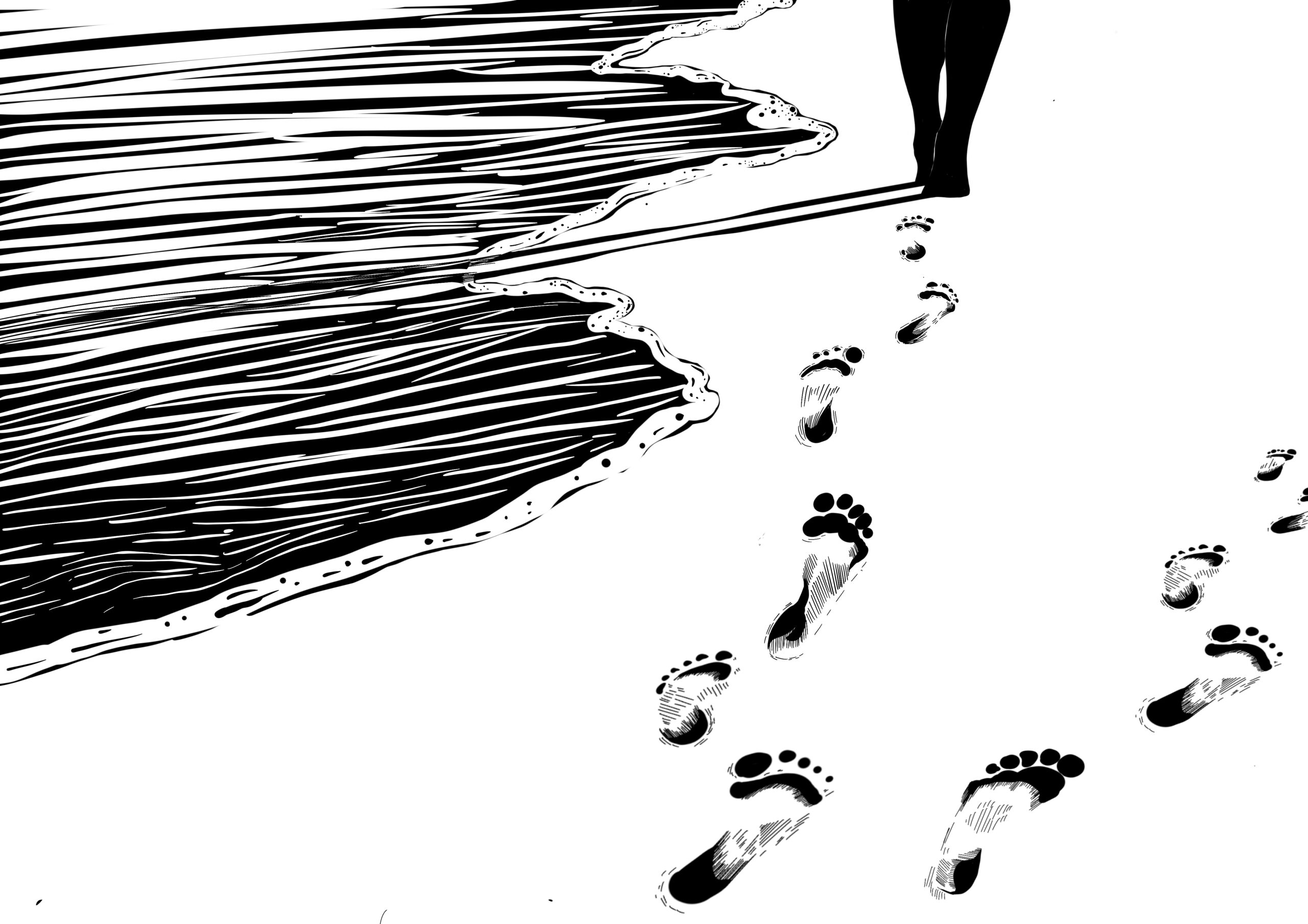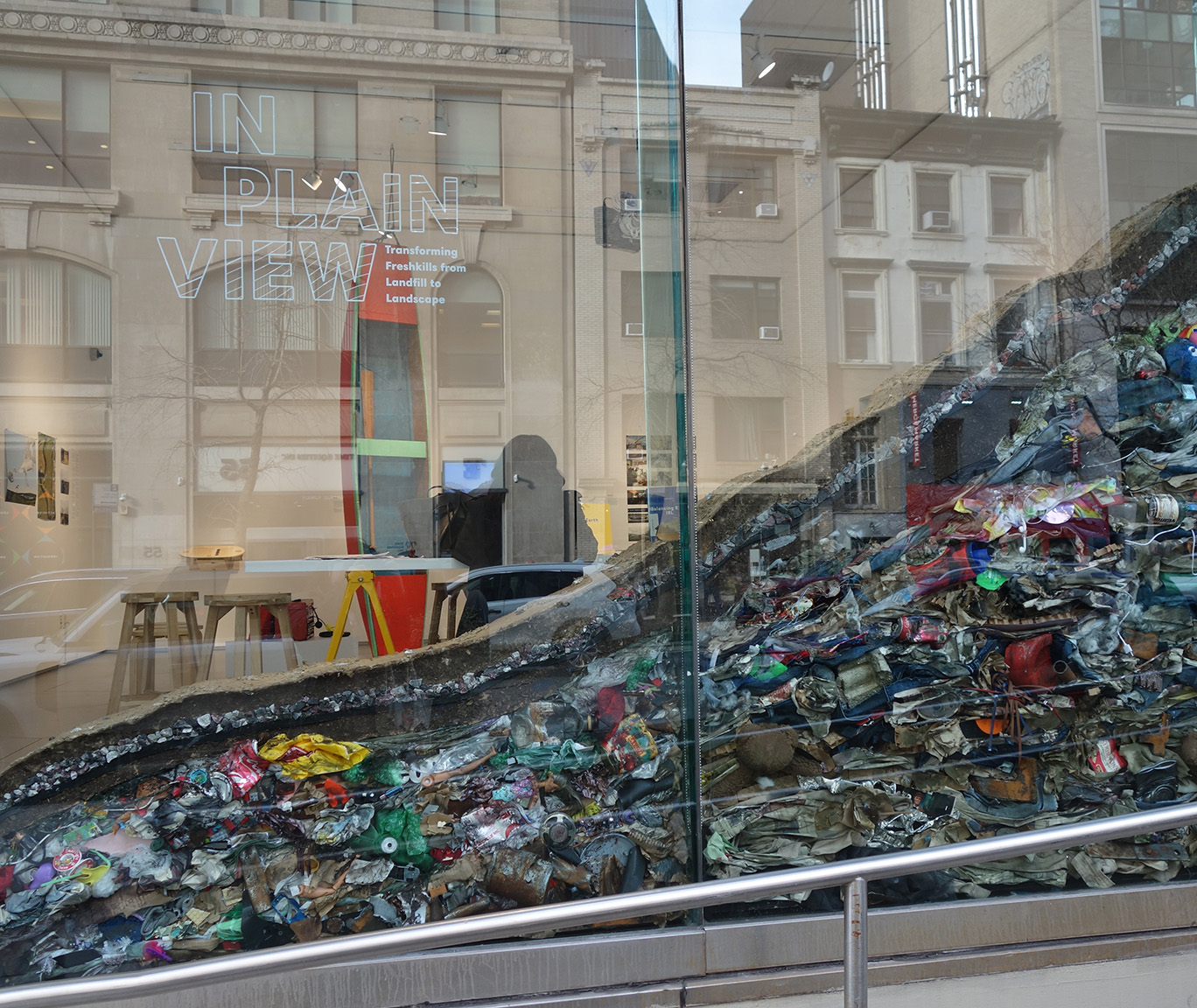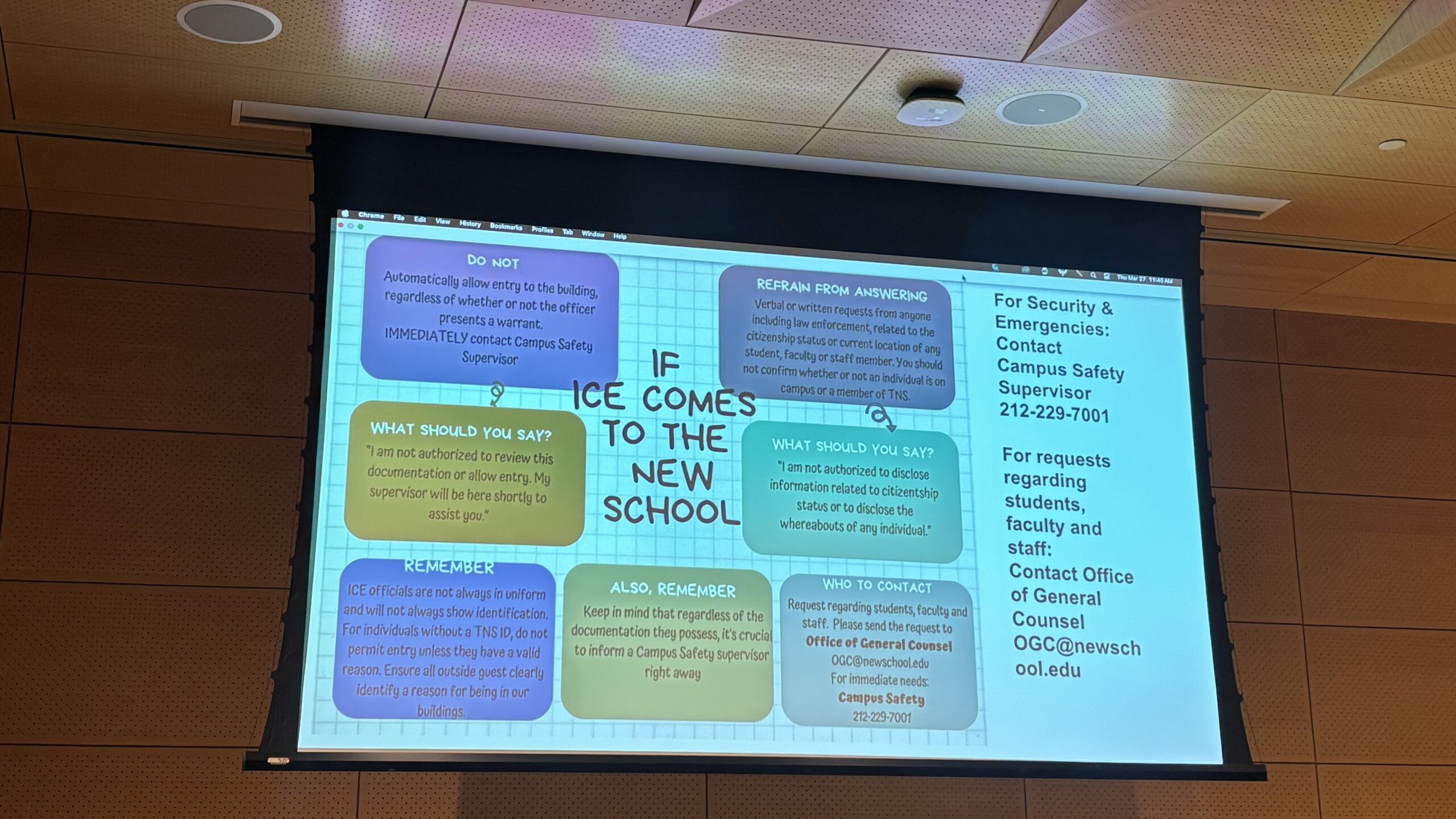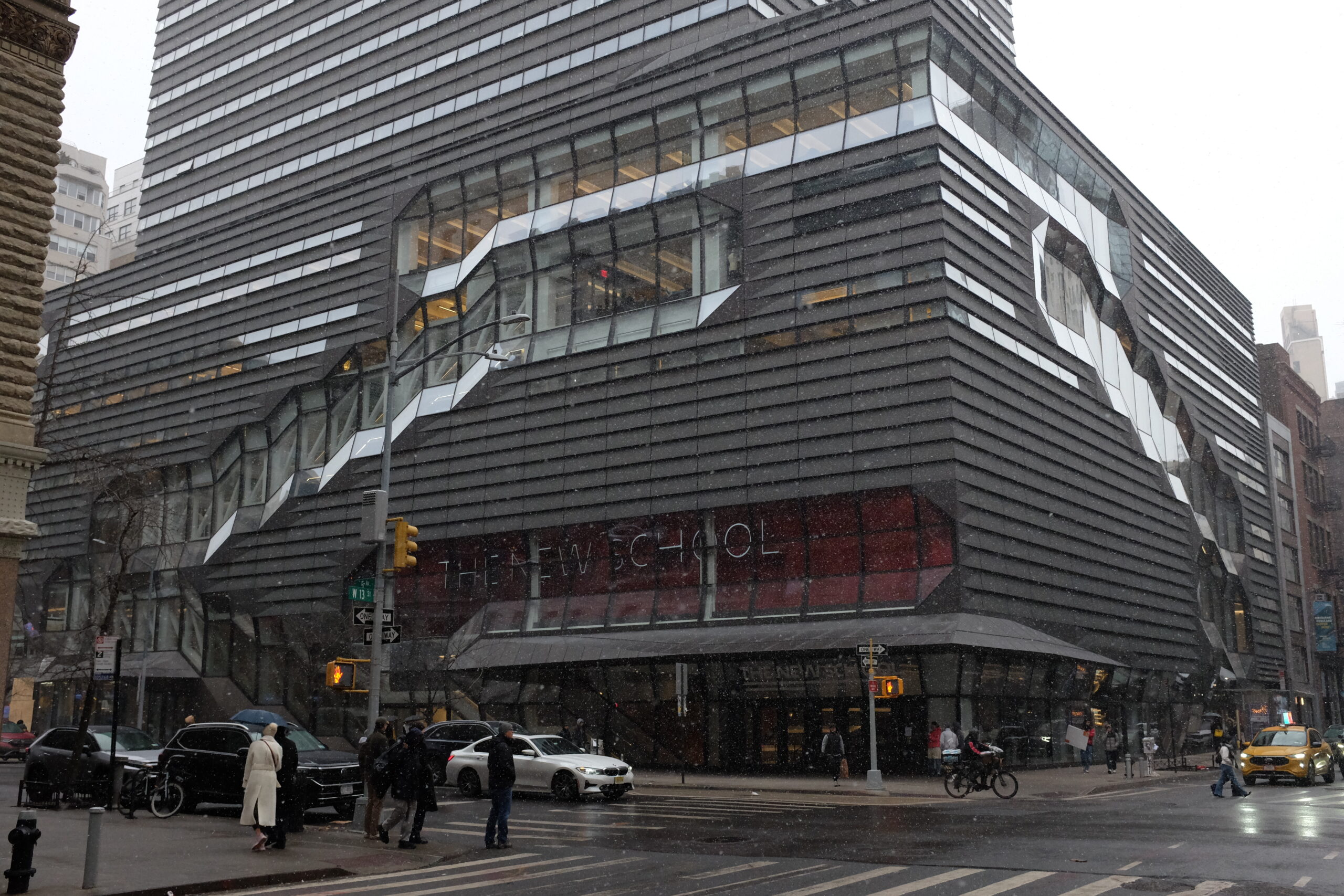The beginning of the spring 2020 semester marked the launch of a new minor at Eugene Lang College of Liberal Arts called Code as a Liberal Art.
The new minor and classes that come with it will teach students how to think critically about computer systems and their role in society, while simultaneously teaching the foundational skills of coding and computation. The minor is available to students of all coding levels, even those who have never coded before.
“The approach is that we kind of steer away from that neutrality that might be present in a computer science program, and are teaching coding skills as a tool for thought and creation,” said Todd Anderson, the program director and assistant professor of Code as a Liberal Art.
Like other minors at Lang, the Code as a Liberal Art minor consists of 18 to 20 credits and the only course required for completion is Code as a Liberal Art. The other 14 to 16 credits can be fulfilled from taking courses like Live Coding, An Interactive History of Computers Doing Bad Things, Anthropology of Networks, and Machine Learning and Decision Making.
“I think people don’t realize that coding has so much power right now,” said Maliya Malik, a first year Lang politics major who is taking the Code as a Liberal Art course that Anderson teaches this Spring. Malik learned how to code over the summer by watching YouTube videos and attending free classes at the New York Public Library. She is already comfortable with HTML and CSS, but she likes that at Lang she can explore her passion for politics through code.
“I love the fact that I can use coding to raise political awareness because I can use algorithms to help increase international news. I can create website applications to help with the things that I’m passionate about,” Malik said.
The required Code as a Liberal Art course starts students out with learning the basic languages of computation and coding. P5 Javascript and Python are the two main languages used in the minor that cover a wide range of things students can do with computers, Anderson explained.
Another course offered in the program is Python: Data, Science, and Design, and is also available for Lang and Parsons students who are not in the minor to take. Python is a programming language that is used to perform data analysis, data visualization, and build web based applications.
“It was cool to learn how to visualize data and design the front-end part of websites,” said Yejoon Yoo, a third year communication design major at Parsons. Yoo is taking the Python course as an elective this semester even though she had no previous experience with Python.
In the year 2020, computers, code, and algorithms have a significant role in the way our society functions and develops. Our mobile phones hold critical information for our everyday life, apps are used to report data from elections, and algorithms are the command center of social media.“We can’t ignore the presence of computational systems in all these aspects of our lives,” said Anderson.
In college Anderson took some computer science classes but fell off from it because he felt that he could not integrate it with his other interests, such as poetry and creative writing. He then later came back to computer science after he figured out how to incorporate coding into his poetry practice. “That made it much more satisfying and fulfilling for me than in the context of computer science when I was originally studying it,” he said.
The aim of the new coding minor program allows students to have a critical voice in shaping the future of technology and explore their interests through code. “I want to create opportunities for people to define their own relationship to [code] and use coding as a way to create knowledge and art and joy and satisfaction in the world,” said Anderson.







